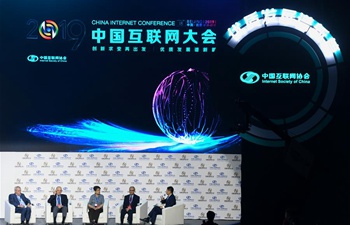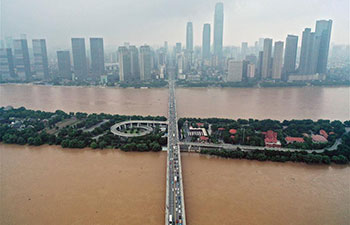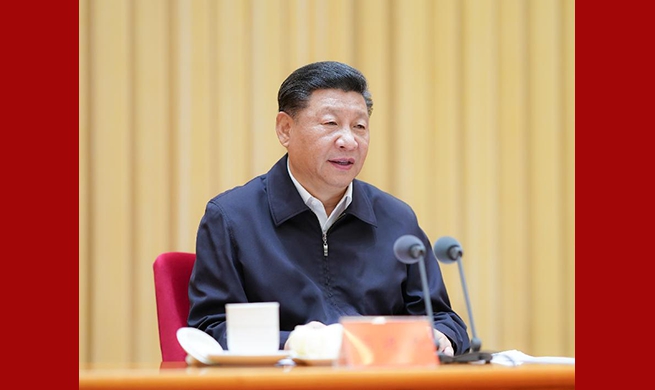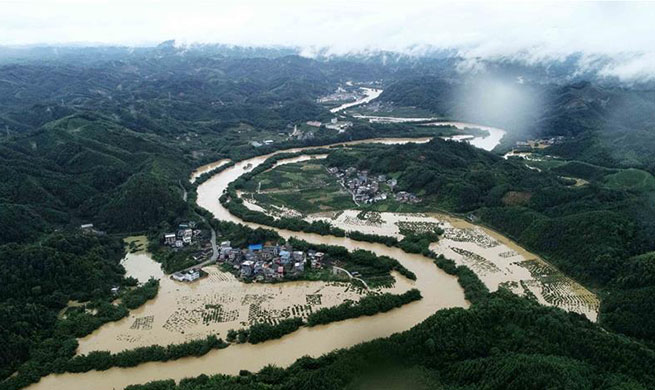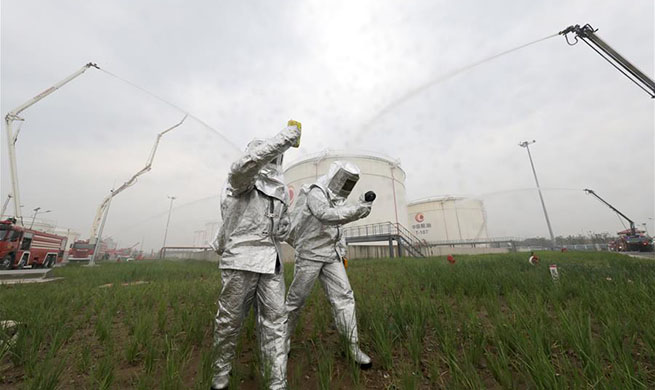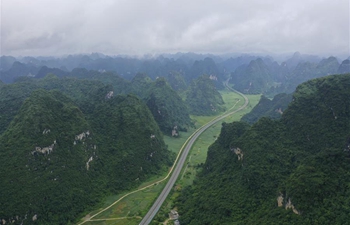GENEVA, July 9 (Xinhua) -- China's greater global footprint that has "grown successfully" over the past 20 years is "inevitable" and raises real opportunities for developing economies, especially those in Africa, a senior United Nations official said Tuesday.
In an interview with Xinhua, Richard Kozul-Wright, director of the Globalization and Development Strategies division of the United Nations Conference on Trade and Development (UNCTAD), said the Sino-African cooperation is "very positive" for sustained development and the people's welfare.
"It offers new opportunities, not simply in terms of resources, which is one part of the South-South relationship, but also in terms of learning experiences," he said.
"It's very important that China draws and can draw on its own experience, recent experience in terms of the way in which it interacts with other parts of the developing world and particularly Africa. That is because it's much more of a reciprocal type of relationship than you often find between traditional donors and a recipient of aid," he added.
The UNCTAD official observed that China is well-placed for playing a role in South-South cooperation to stimulate development while saying it is not a substitute for traditional development support.
"But its importance lies in the fact that it's a relationship between equal countries or more or less equal countries," said Kozul-Wright.
That would mean "a country like China that has become a strong supporter of South-South cooperation in recent years, is much more familiar with the kinds of development challenges in a region like Africa than the traditional donors."
Kozul-Wright earlier on Tuesday spoke at a side-event of the current 41st session of the UN Human Rights Council (HRC), co-sponsored by the African Group at the UN Office at Geneva (UNOG) and the Permanent Mission of China, during which participants highlighted the contribution of development to the enjoyment of all human rights.
He said that the reason the UN still need to highlight the importance of development for improvement of human rights is that "some advanced economies use human rights to criticize certain types of development models, particularly those where the state has a strong role to play in development opportunities."
According to the official, the countries that UNCTAD deals with, particularly those in Africa, are suffering from a shortage of financial resources, but "China is filling a gap with the Belt and Road (Initiative), in terms of providing finance for that kind of traditional infrastructural and development."
"We see that as a positive development in terms of building some of the necessary conditions for a more sustained growth process," said Kozul-Wright.
"It's a very important contribution that the Belt and Road (Initiative) is providing both the finance and material basis on which countries can diversify into more sustainable and dynamic activities and livelihoods," he added.
As for the "rejection of multilateral international relations," he said that people are not responding directly to globalization, but rather to the failure of their own governments to address their problems, and blaming outsiders will do no good.
"I think the way that we have to respond to is to try and identify the failed policies that have given rise to the frustration and to offer alternative policies that are both better for the people themselves and consistent with a more interdependent globe," he said.






